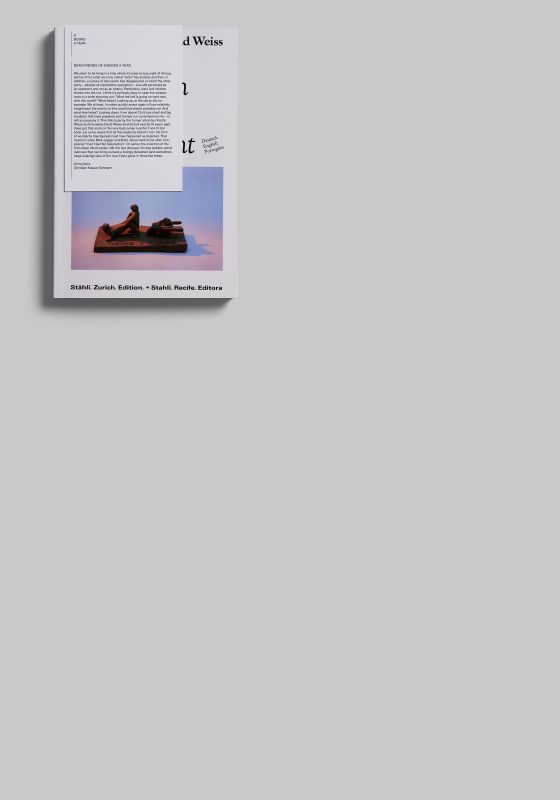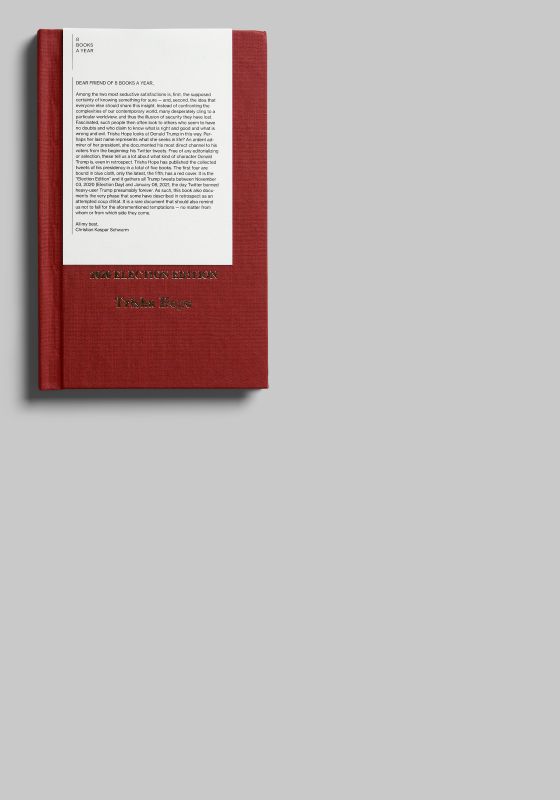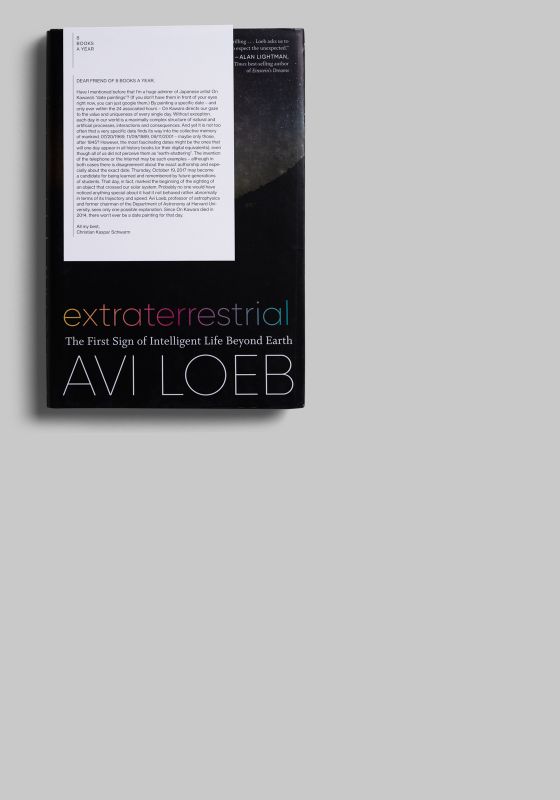JUNE 2018
David Clarke
UFO Drawings from the National Archives
Four Corners Books, 2018
DEAR FRIEND OF 8 BOOKS A YEAR,
I must confess: I was obsessed with UFOs when I was a young boy. There was a balcony at my parents’ house where I often stood at night, impatiently watching for a “close encounter of the 3rd kind” that unfortunately never came. I didn't even observe a single shooting star: it took me a few decades more before I spotted my very first 1. Since I had so few success in discovering extraterrestrial life in plain sight, I read a lot of books about UFOs and other unexplained phenomena at that time. I still regard that phase as a pretty formative one. It might be helpful to deal with a whole banquet of the inexplicable when you’re still a child – it protects you from all too linear cause-and-effect thinking and from the illusion that mankind already knows a lot. Throughout history people have felt like they’ve already discovered most of what can possibly be discovered. And throughout history that has turned out to be completely untrue for every era up until the present. Even if there aren't any aliens around (I’m no longer as certain as I was a few decades ago), they still would be of the greatest value to us. David Clarke, the author of this wonderful little book with all its innocent beauty, talks about UFOs as a modern myth. In contrary to the past, today we usually know what’s going on behind these dark forests, behind these wide marshlands and behind those great mountains. This is why fairy tales have lost what is perhaps their most important function: unleashing our curiosity. UFOs (and all the other things I was fascinated by as a boy) keep us looking – into the skies, around the next corner, into ourselves and into the eyes of the other.
All my best,
Christian Kaspar Schwarm
David Clarke
UFO Drawings from the National Archives
Four Corners Books, 2018
Read InscriptionDEAR FRIEND OF 8 BOOKS A YEAR,
I must confess: I was obsessed with UFOs when I was a young boy. There was a balcony at my parents’ house where I often stood at night, impatiently watching for a “close encounter of the 3rd kind” that unfortunately never came. I didn't even observe a single shooting star: it took me a few decades more before I spotted my very first 1. Since I had so few success in discovering extraterrestrial life in plain sight, I read a lot of books about UFOs and other unexplained phenomena at that time. I still regard that phase as a pretty formative one. It might be helpful to deal with a whole banquet of the inexplicable when you’re still a child – it protects you from all too linear cause-and-effect thinking and from the illusion that mankind already knows a lot. Throughout history people have felt like they’ve already discovered most of what can possibly be discovered. And throughout history that has turned out to be completely untrue for every era up until the present. Even if there aren't any aliens around (I’m no longer as certain as I was a few decades ago), they still would be of the greatest value to us. David Clarke, the author of this wonderful little book with all its innocent beauty, talks about UFOs as a modern myth. In contrary to the past, today we usually know what’s going on behind these dark forests, behind these wide marshlands and behind those great mountains. This is why fairy tales have lost what is perhaps their most important function: unleashing our curiosity. UFOs (and all the other things I was fascinated by as a boy) keep us looking – into the skies, around the next corner, into ourselves and into the eyes of the other.
All my best,
Christian Kaspar Schwarm












































